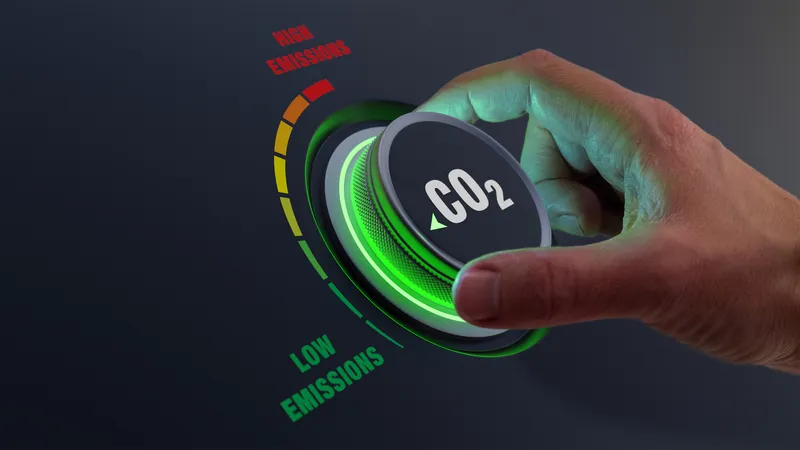
The wider use of digitalisation and ITS will be vital in order to enhance efficiency improvements in transportation in order to reach climate goals, according to a joint statement from various international road and transport organisations.
Ertico - ITS Europe and the International Road Federation in Geneva are among the signatories to an open letter published near the end of the Cop27 climate conference.
Asecap - the European Association of Tollway Operators, the European Union Road Federation (ERF) International Road Transport Union (IRU), African Road Maintenance Funds Administration (ARMFA) and International Tunnelling & Underground Space Association (ITA-AITES) also signed up
"Achieving the UN Sustainable Development Goals depends on efficient multimodal transport systems and services where roads play a central role," the statement begins.
"The road sector has already undertaken enormous efforts to significantly reduce its environmental footprint while ensuring business continuity. We, leading organisations in the sector, have come together today to restate our firm commitment to effectively reduce CO2 emissions to net-zero by 2050 in line with the Paris Agreement."
"We believe that NOW is the time to act with pragmatism, ensure a just transition, and embrace innovation," the letter goes on.
It suggests that stakeholders need to "embrace system thinking and decarbonise without compromising the services we provide".
Investment must be in hard infrastructure and soft measures such as regulations and information exchange to "remove bottlenecks of any nature".
But any action must also acknowledge that "countries, cities, have different transport and energy landscapes, with widely different challenges".
Targeted incentives need to be developed to encourage faster uptake of the best available technology and for R&D.
Energy and technology strategies need to be flexible and "backed up by agile financing mechanisms that can support the transition towards more resilient and sustainable transport".
More financial support is required "to adapt and upgrade existing infrastructure to both the threats posed by climate change but also to the adjustments that the energy transition requires".









